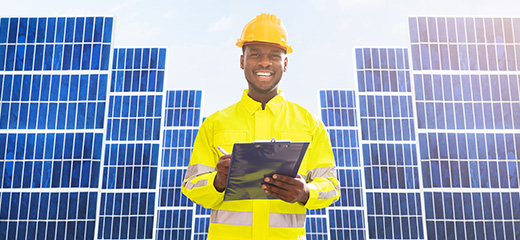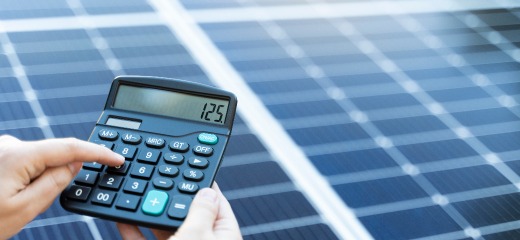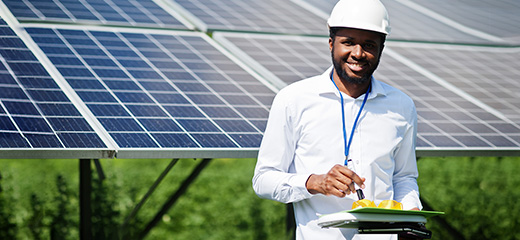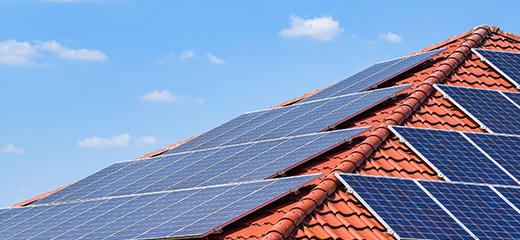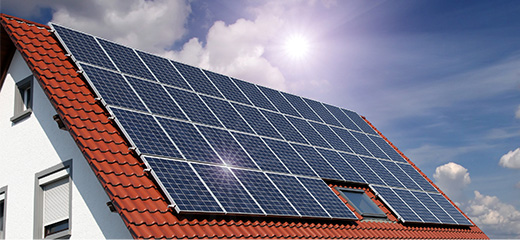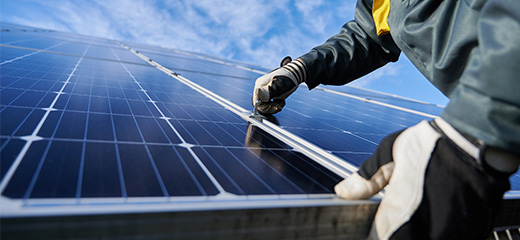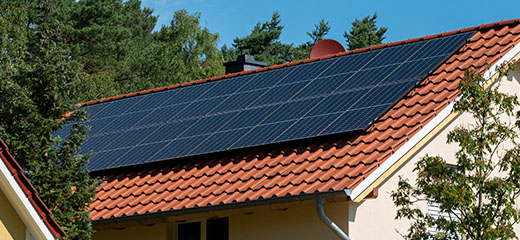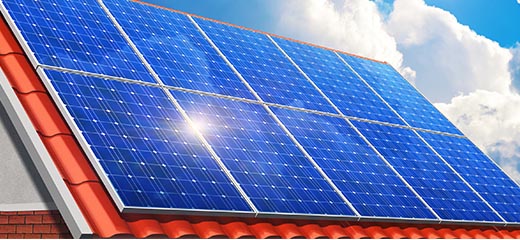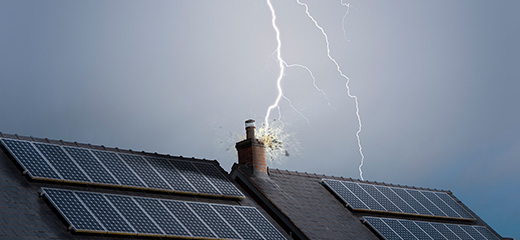
What is the lifespan of a solar system?
Home solar systems have gained popularity in recent years as households look for protection from loadshedding and rising electricity costs. While the initial outlay of a solar installation can seem overwhelming, understanding the lifespan of a solar system will tell you how long you can expect to benefit from your investment.
For those who are embarking on a solar journey, the idea of cost-saving measures may be appealing. However, cutting corners by opting for cheap components in your home solar system can lead to equipment failure, significant drawbacks and long-term financial losses.
Solar panels
The heart of any solar system is the solar panels, which do the work of capturing and converting direct sunlight into direct current (DC) electricity. Fortunately, these components also offer the longest average lifespan at around 25 to 30 years, with many modern panels expected to last even longer.
As a result of the endurance of solar panels, you can expect warranties between 10 and 20 years with even longer performance warranties.
During this period, they require minimal maintenance, with occasional checks to ensure they are operating at maximum efficiency.
Solar inverter
The inverter plays a vital role in a home solar system by converting the DC electricity generated by the solar panels into alternating current (AC) electricity, suitable for household use.
Inverters generally have a slightly shorter lifespan than solar panels, ranging between 10 and 20 years. Accordingly, high quality inverter warranties tend to range between 5 and 10 years.
Regular maintenance and monitoring are essential to ensure your inverter is working correctly and efficiently. However, you may require an inverter replacement during the lifecycle of your solar system.
Solar batteries
If you want to store solar energy for use at night or during loadshedding, you’ll need to add batteries to your home solar system. Batteries used in solar systems typically have the shortest lifespan of all the solar components depending on their type, usage patterns, and maintenance.
- Lead acid: This is the oldest type of battery technology and, while feasible for a solar installation, offers the shortest lifespan ranging between 3 to 8 years. Expect the warranty on a lead acid to be below the 5-year mark.
- Lithium-ion: Lithium-ion batteries have come to dominate the solar installation market, offering far more staying power than a lead acid option. Depending on cycle lives and usage, you can expect a lithium-ion battery to come with a 5-year warranty and last between 5 to 10 years.
- Lithium iron phosphate: Often labelled as LiFePO4 batteries, emerging lithium iron phosphate technology offers greater efficiency and longer lifespans than other battery technologies. Expect warranties of 5 to 10 years with an average lifespan of +15 years.
While these are average figures, it is important to speak to your supplier about the number of cycle lives offered to make an informed decision about which is best for your needs. The higher the cycle lives, the longer the battery will last.
Also remember that as batteries age, their capacity may decrease, leading to a reduced ability to store energy.
Mounting and electrical work
While these elements are often not thought of, it’s worth noting that when the supporting structure, wiring and electrical components of a solar system are properly installed, they should last you decades.
However, regular inspections and servicing are essential to maintaining the integrity and stability of your solar panel installation and the safety of the electrical wiring.
All-in-all, you can expect a high quality solar installation to provide you with benefits for years to come if properly serviced and maintained. This means you can expect a quality home solar purchase to deliver excellent return-on-investment.
LookSee offers a full solar journey coupled with a Savings Guarantee based on your minimum saving expectations over 6 months and a once-off R2 000 cashback if savings are not met.
